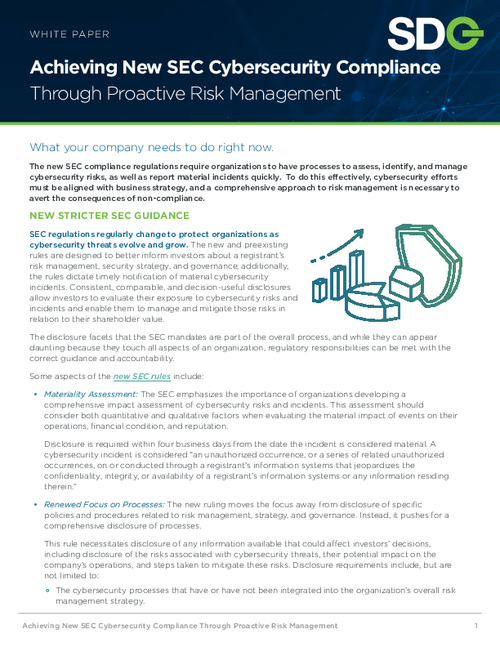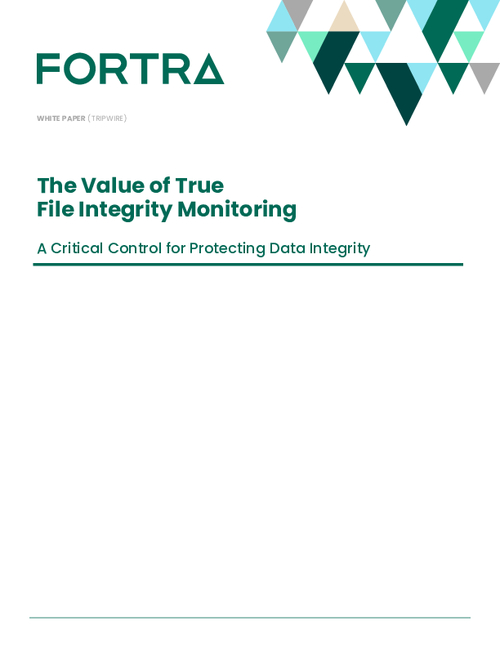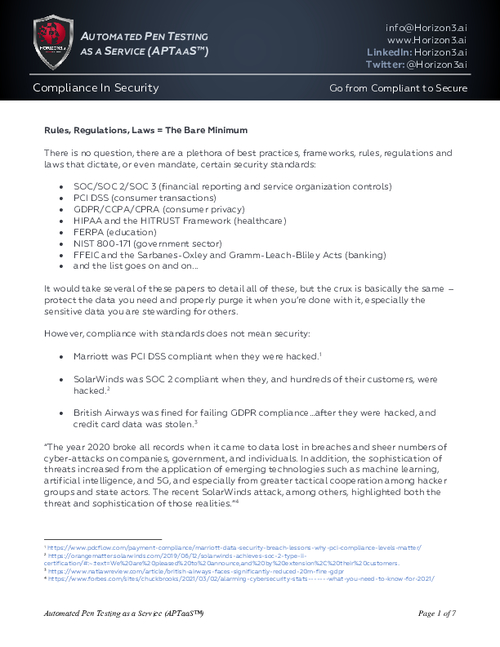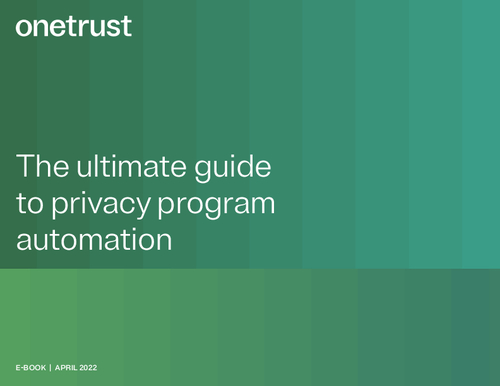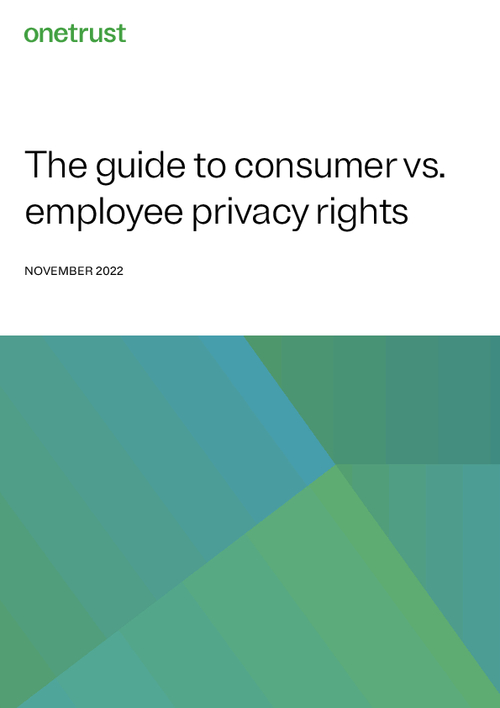Feds on Banks: Stress Tests Not Enough
A Congressional panel appointed to oversee the US bailout warns bank stress tests are not enough. The federal regulators' tests of 19 major banks to see if they could survive a further downturn in the economy may be too lenient and should be repeated, says the Congressional Oversight Panel for the government's $700 billion financial rescue effort. It found the Federal Reserve used a conservative and reasonable approach to assess the health of the nation's 19 largest banks.The panel says the Federal Reserve's "worst-case scenario" doesn't go far enough. For example, the "stress tests" conducted by the Fed were based on the 2009 unemployment rate average of 8.9 percent. Unemployment last month was at 9.4 percent.
"While no one should gainsay the potentially positive results of the tests, it would be equally unwise to think that those results reflect a diagnosis of all of the potential weaknesses or create a necessarily sufficient buffer against future reverses for the banking system," the panel wrote.
Elizabeth Warren, the Harvard University law professor who heads the panel, is to testify before the Joint Economic Committee today about the group's findings.
Last month, the Fed released results from the stress tests that found that 10 of the 19 banks needed additional capital. Bank of America, Citigroup and Wells Fargo are among banks told to boost capital by a total of $75 billion to cover potential losses.
The Federal Reserve says plans submitted by those banks, if implemented, would be enough to help them survive a deeper recession. However, the Congressional Oversight Panel says that additional capital held by the banks shouldn't be interpreted as an end to the financial crisis.
The panel recommends the regulators repeat stress testing as long as the banks continue to hold large amounts of bad debt on their books. The panel also suggests banks be required to run their own internal stress tests and share those results with federal regulators.


